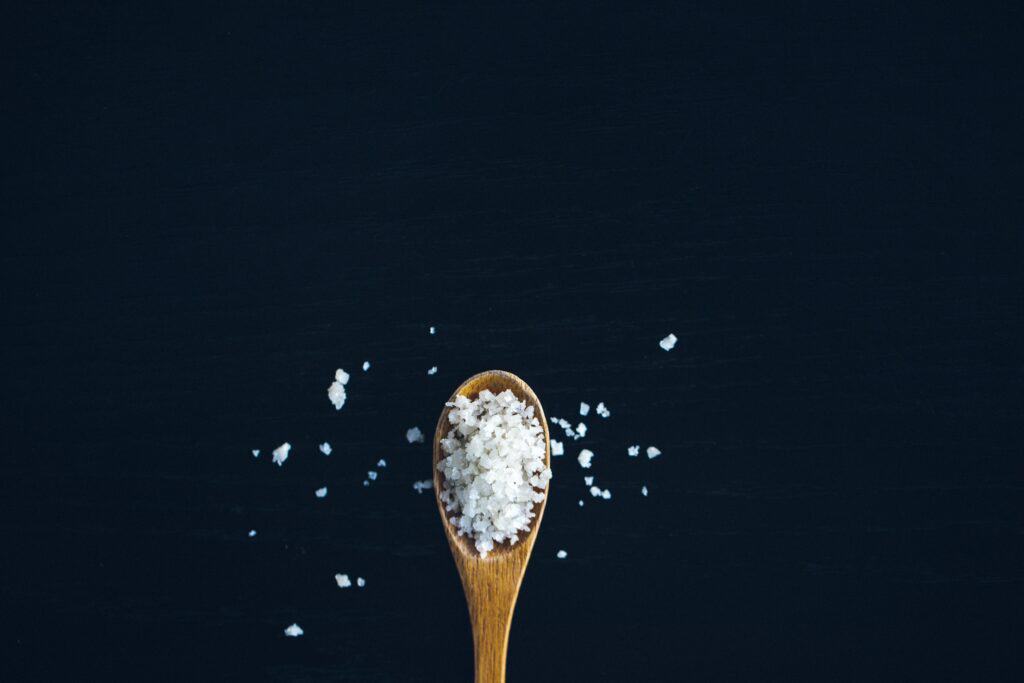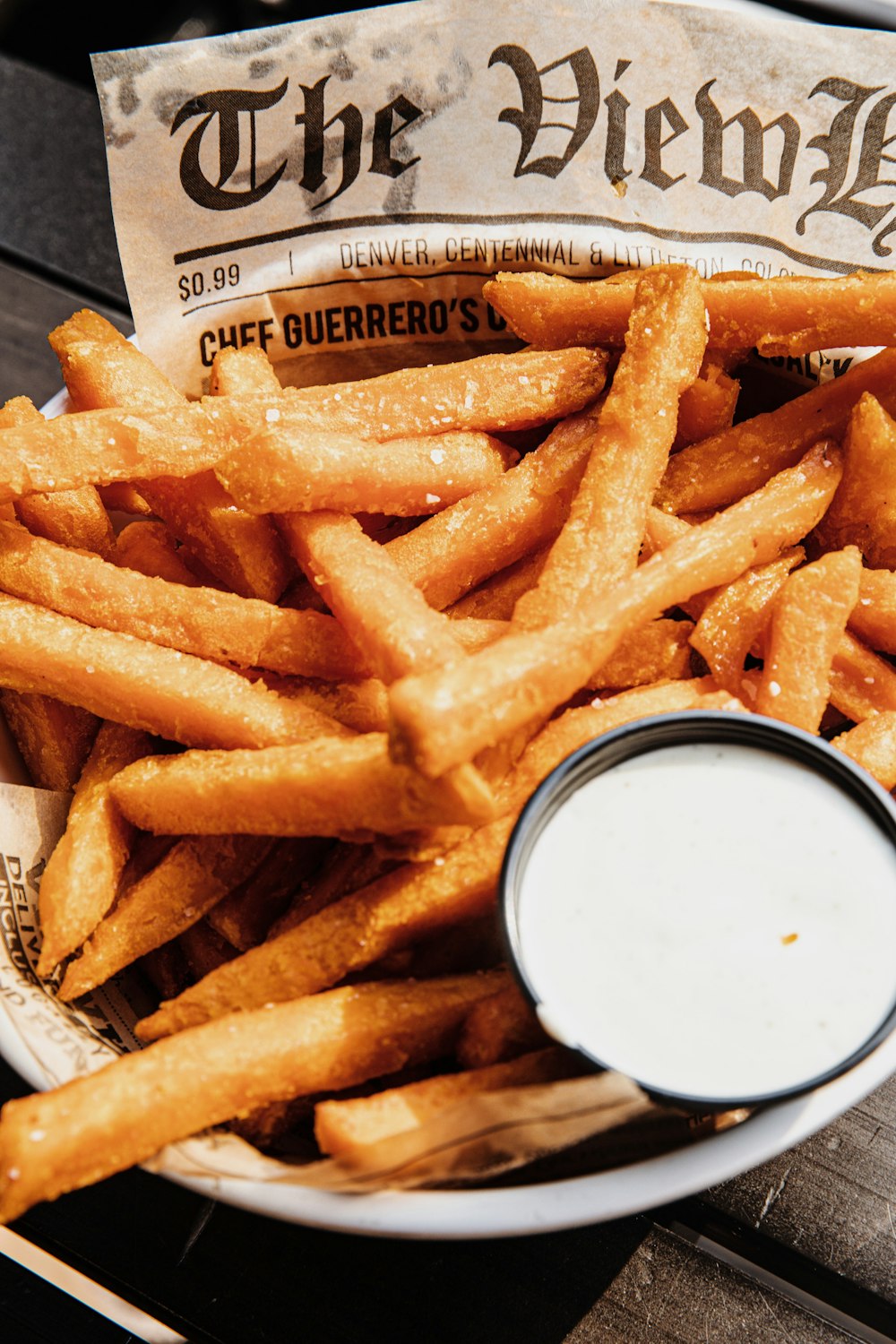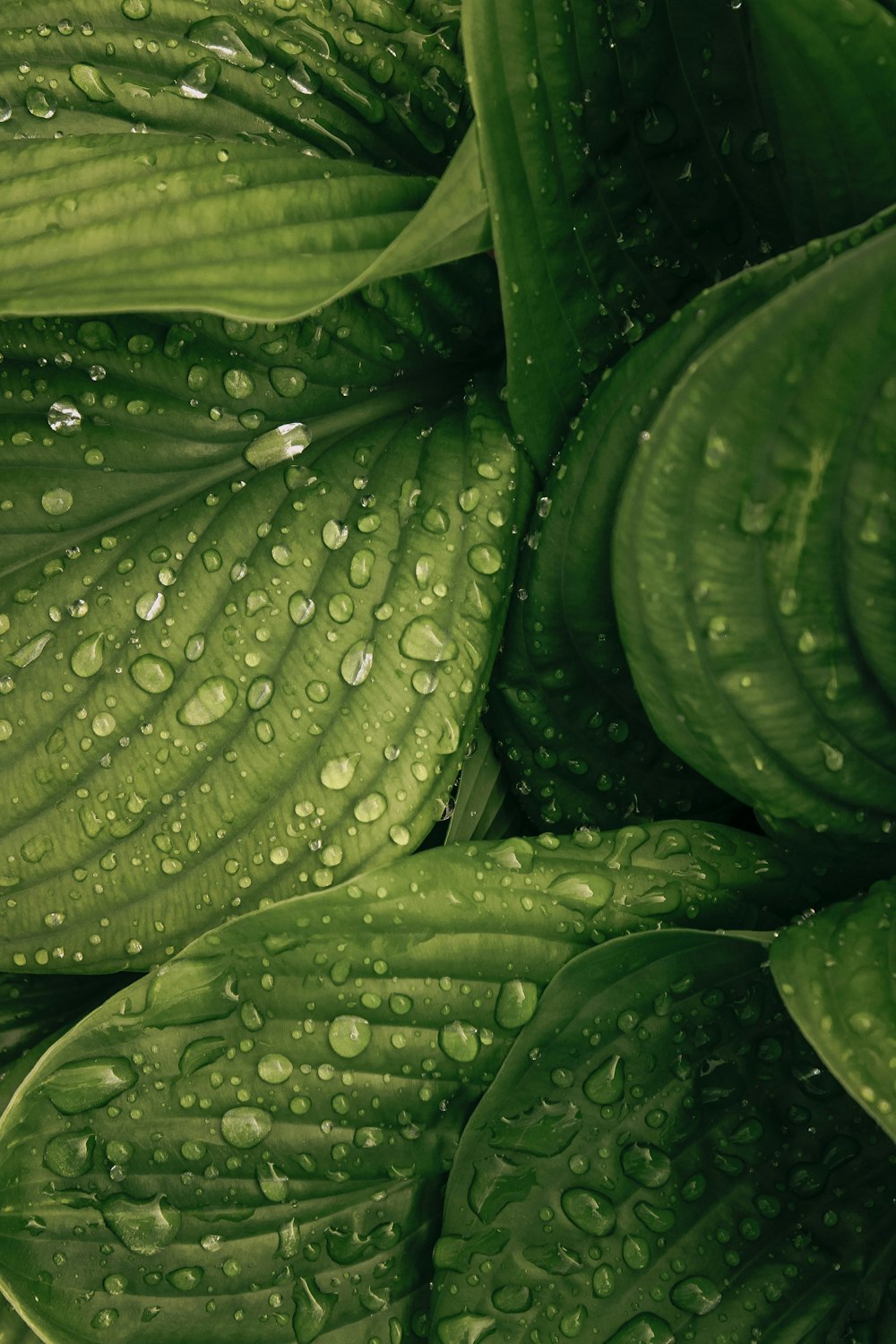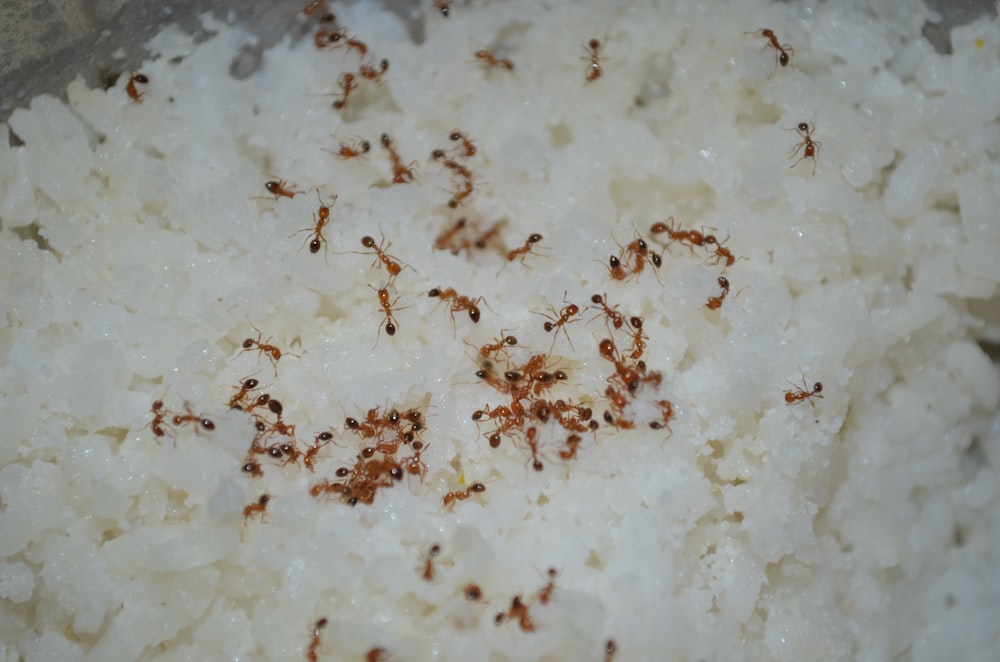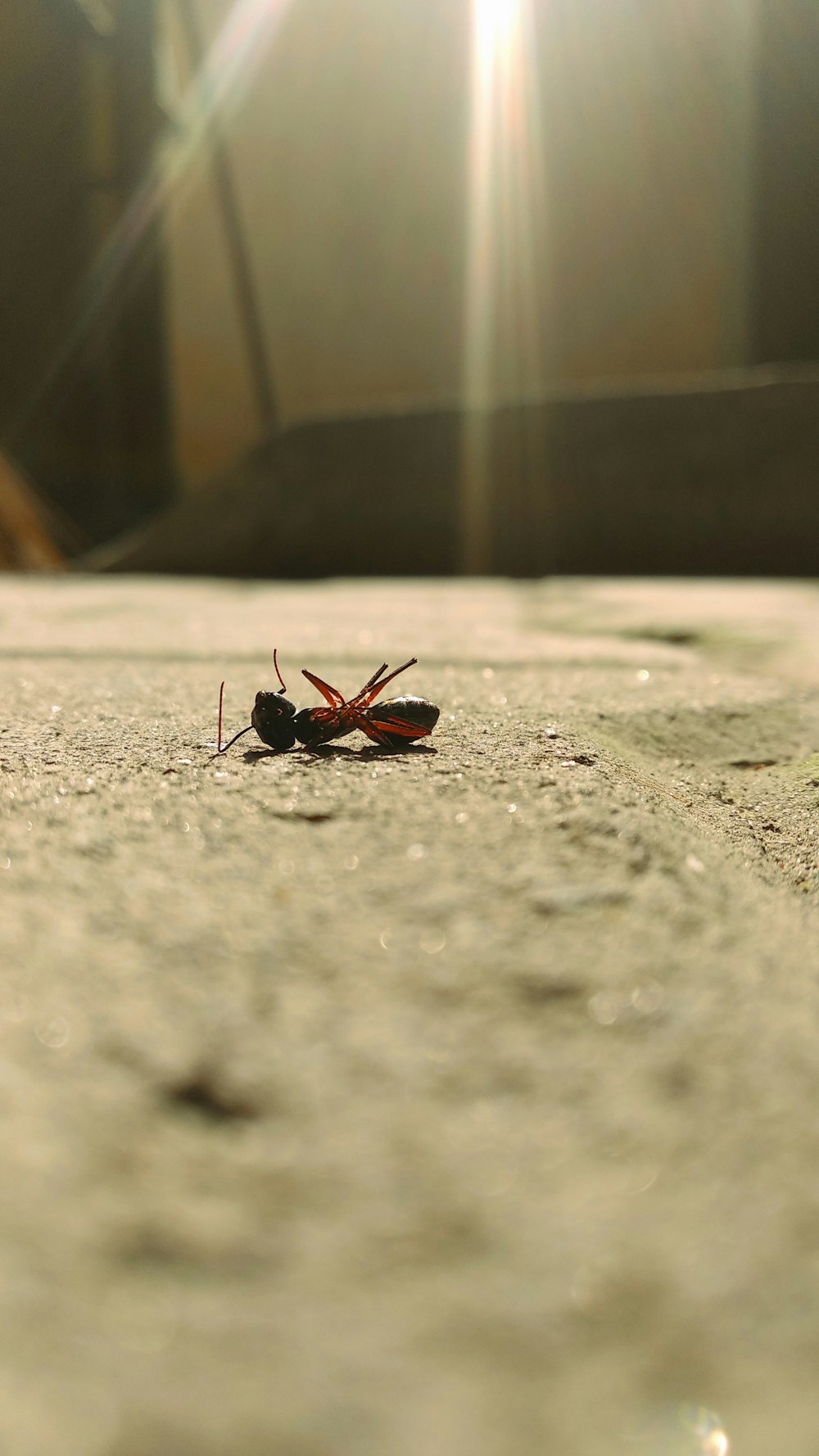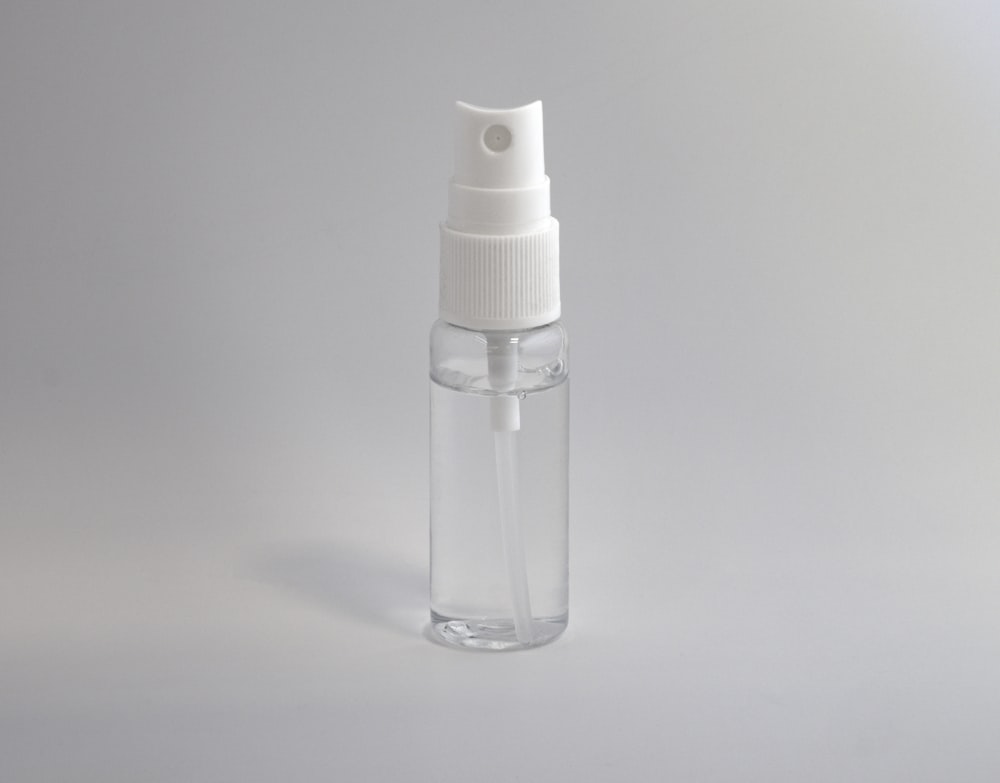While many may reach for chemical cleaners when they see some ants inside the house, what if there was a better way?
Salt is one of the most common ingredients found in any household.
What if you could repel or kill ants using a safe and conventional method like… salt?
While ants love food, too much salt may end up fatal.
But how effective is it at keeping them away?
Will Salt Keep Ants Away?
When used against ants, salt can act like an alkaline poison to kill ants. Using salt in ant-infested areas will slowly kill the ants but will not initially drive them away. Salt affects the exoskeleton of many insects and pests like ants but must be touched or consumed first.
Believe it or not, ants prefer saltier foods than their non-salty counterparts.
In a recent study, ants were more attracted to NaCl (sodium) than some carbohydrates! (Read More)
Will a Line of Salt Keep Ants Away?
A line of salt will eventually keep ants away, as those who touch the Epsom salt will face death through dehydration. However, ants are initially attracted to salt, and until some ants start dying and releasing pheromones, the salt line will attract more ants.
Many use a line of salt around the house or garden to help keep insects away from your home, which can effectively deter ants in the long term.
Ants love saltier foods, and a high salt concentration will initially attract them to this salt line.
Once some ants die and release their pheromones, these dead bodies will alert the colony to avoid the area.
[amazon box=”B071FNYFWW”]
Does Epsom Salt Kill Ants?
In the early 1900s, it was discovered that Epsom Salt could kill many different types of insects. This works by absorbing the moisture in and around the insects. Since ants breathe through their skeleton, the Epsom salt can penetrate and cause death through slow dehydration.
Epsom salt is made of magnesium, sulfur, and water.
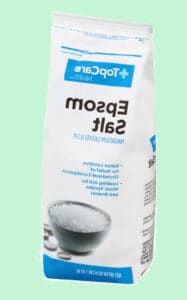
Epsom salt can work as a desiccant that dehydrates the exoskeleton of insects and ultimately leads to death.
While plotting lines of Epsom Salt around works somewhat well, a better strategy is to use a homemade solution you can spray.
The Epsom salt solution will get directly onto the exoskeleton of the ants, leading to a slow death.
Another positive aspect of Epsom salt is that it does not pose any danger to your health.
So, if friends and family are exposed to this natural pesticide at home, it would not pose any danger.
It is safe to ingest tiny amounts of Epsom salt, but it cannot be used for consistent consumption like regular table salt.
It can also be used to repel plant-eating ants.
[amazon box=”B08SCT3Q1G”]
Does Epsom Salt Keep Bugs Off Plants?
Epsom salt will help keep bugs off plants since Epsom Salt can penetrate the soft exoskeleton of these bugs and quickly dehydrate them. Use a spray bottle with a mix of Epsom salt and water to spray directly on the plants you want to protect.
Does Salt Directly Kill Ants?
A high concentration of salt will directly kill ants. Salt affects the exoskeleton of many insects and pests like ants but must be touched or consumed first. Utilizing an Epsom salt spray will provide the best results, as this solution can be sprayed directly onto the areas dealing with the ant infestation.
The higher the salt concentration, the better your chances of affecting the exoskeleton of the ants.
As salt does not contain harmful chemicals, spraying freely on surfaces that may come in contact with small children and animals is safe.
Will Salt Kill Fire Ants?
A high concentration of Epsom salt will kill fire ants. Epsom salt significantly affects the exoskeleton of ants but must be touched or consumed first. Utilizing an Epsom salt spray will provide the best results, as this solution can be sprayed directly onto the areas dealing with the fire ants.
Salt will give a slow death to fire ants through dehydration.
But, salt will not kill the whole colony of ants. Since the salt cannot be brought back to the ant nest, it will never affect the queen.
While this spray works to get rid of the ants right in front of you, there are other effective home remedies to kill ants inside their nest.
These methods include peppermint essential oil, baking soda, dish soap, cayenne pepper, baking soda, diatomaceous earth, and boiling water.
Does Salt Kill Off Ants?
Certain types of salt will kill off ants. Salt impacts the exoskeleton of many insects and pests like ants but must come in contact or be consumed first. Employing an Epsom salt spray will provide excellent results, and table salt does not work nearly as well as Epsom salt.
The ants who try to cross the areas with your planted salt treatment will be killed off.
Eventually, once enough ants have died, the dead ants will release pheromones that alert others in the colony to avoid this area.
They will walk around these areas and eventually change their route if they do not find any way out.
This works great for both long-term and short-term ant infestation problems.
However, there are other ways to handle ant problems – below; we go over a few options that can help you if you’re currently dealing with an infestation.
Dawn Ant Killer Recipe
Dawn dish soap can kill ants using a simple homemade recipe of a 50/50 solution of water and Blue Dawn dish soap in a spray bottle. You can point and spray this solution to kill ants whenever you see insects.
A mixture of dawn dish soap and water can be used to spray on ants to work as an ant killer.
Once this solution is sprayed onto ants, the soap will thoroughly coat the ants.
Since ants are not able to breathe through the dish soap, the thick layer coating their skeleton eventually leads the ants to death through suffocation.
Many believe that the solution even dissolves the skeleton of insects and breaks down some cells in the ant’s body.
This recipe can also be used to kill ants through drowning.
When the solution of Dawn dish soap and water is made, the top layer of water causes the ants to lose surface tension. Without this, the ants eventually sink into the water and die due to suffocation.
[amazon box=”B07HKR2QP9″]
Does Flour Kill Ants?
Flour can kill ants, as once the flour is ingested, the ants are not able to digest the growing flour and eventually starve to death. However, eating flour has only been shown to slow ants down when flour is consumed in small amounts.
Additional Ant-Prevention Articles
Here are other relevant articles in our Ant-Prevention Series that also cover the direct prevention of ants.
- Carpenter Ants in Mulch: You may see some ants while gardening. Epsom salt may not help much with ants inside of mulch, but this will.
- Carpet Prevention for Ants: Keeping ants out of your carpet is important. Know these tips and tricks in case you ever notice some ants on the carpet.
- Can Ants Come Up Through The Drain: Sometimes salt will not fix all of the problems in your drain if ants are coming up. Find out here if ants can come up through the drain.
- Dryer Sheets and Ant Prevention: Like salt, dryer sheets can be found around the house. Do these keep ants out of those hard-to-reach places?
Other Effective Remedies to Repel Ants Besides Epsom Salt:
While we now know using salt will keep ants away, there are some other effective home remedies you can use to kill and prevent ants
- Consistently wash your floor with water and lemon juice mixture. You can also scatter some lemon peel around the entry points.
- Place orange peels at the entry points or in your kitchen wherever you find ants.
- Pouring boiling water directly into an ant nest or colony can be one of the most effective methods to kill ants instantly at the source.
- Sprinkle dried peppermint around entrance points to deter ants.
- Ants can’t stand the strong smell of cinnamon.
- Powdered chalk contains calcium carbonate that helps in keeping the ants away.
- Boric acid can also be used as an ant bait with low toxicity and is lethal to ants.
- You can also use white vinegar as ant bait as ants cannot bear its smell.
